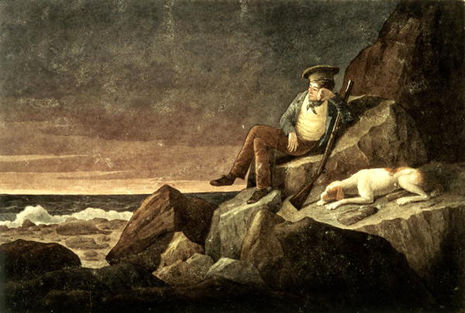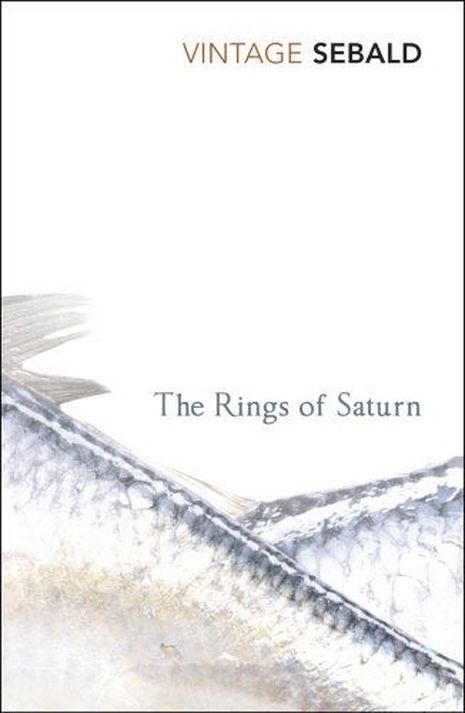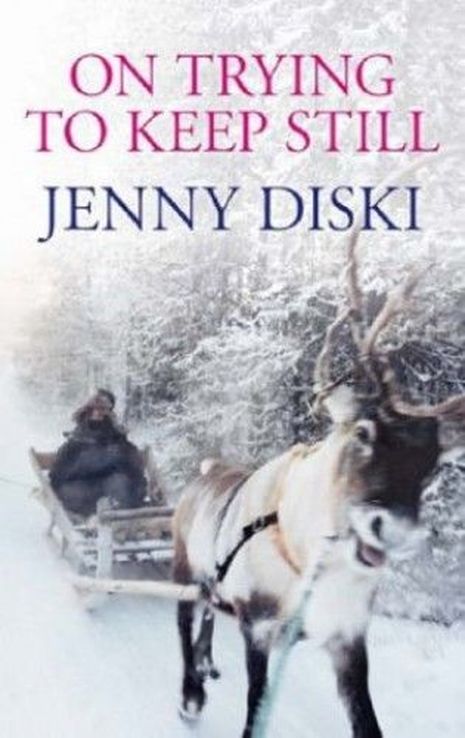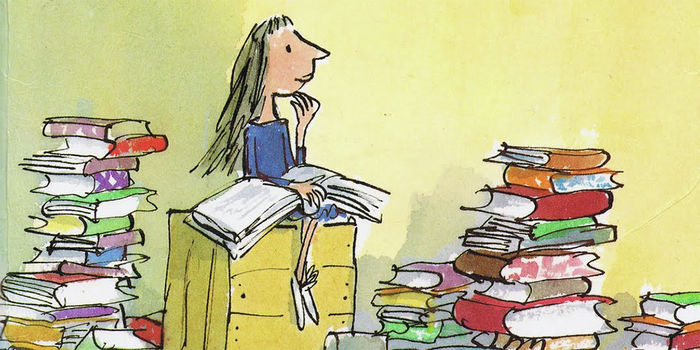Plenty of nothing: Reading in isolation
As countries across the world prepare to go into lockdown, Paul Norris offers some books that might help us make the most of our newly-found solitude

Despite my newly-abundant free time, I’ve found it hard to read recently. The constant updates from the university and the government, uncertainty about the shape of coming months and worry about vulnerable relatives has made it hard to focus on anything for an extended period. Now that I have literally no plans at all, I’ve also lost any sense of urgency. Often I read something because I’ve got to write an essay about it. Even when reading for pleasure, I was always aware that I had to read a book now, before some other obligation. It made me relish the time spent alone, quiet, in my room.
Perhaps it’s in deference to guilt that so many articles recommending reading for isolation consist largely of books about disease
Having plenty of time now seems like a curse. It makes me think of Geoffrey Hill’s “plenty” in ‘September Song’, which is an uncomfortable “more than enough”. Or Ian’s Patterson’s ‘The Plenty of Nothing’, which describes the void left by the death of his wife. The OED definition of “plenty” captures some of the complexities of the word drawn out by these poets: “Without determiner: a full or ample amount, a sufficiency, more than enough”. If something has no determiner, how can it be determined to be full? If something is sufficient, how can it be more than enough?
Plenty escapes any attempt at containment. So, in the fullest sense of the words, I have “plenty of time”. Not only an abundance, but an abundance which has no limits, as it is not clear when this excess of structureless time will come to an end.
Plenty is also defined by guilt. It is not a coincidence that both Hill and Patterson’s poems are elegies. Their poems try to come to terms with the excessive, borderless life they have been left with after someone else’s departure. In my own way, I also feel guilty for having such plentiful free time that I’m failing to use.
This article, then, is a response to guilt. Perhaps it’s in deference to guilt that so many articles recommending reading for isolation consist largely of books about disease (Albert Camus’s The Plague is selling particularly well). This list resists that form of masochism, and tries to find books, instead, that make the most of solitude.
W. G. Sebald: The Rings of Saturn (1995)

This begins with the narrator convalescing from an unnamed illness in a hospital room. To aid his recovery, he sets out on a journey along the coast of Suffolk, writing about architectural and historical details along the way. The book’s only narrative is the journey itself. It reads a little like jumping between Wikipedia hyperlinks, going from one set of facts to another; the route of the walk is the only immediately obvious thread. The genius of Sebald’s style is that it comes so close to some non-literary, even “boring” genres: journalism, local history, travel picture slideshow (photographs intersperse the text). But the austere beauty of his style transcends any generic categorisation, somehow making the book far greater than the sum of its parts. In its totality, it is a meditation on the vulnerability, decay and cruelty that civilisation struggles to keep at bay.
Jenny Diski: On Trying to Keep Still (2006)

Jenny Diski is unfortunately the subject of the above elegy by her husband, Ian Patterson. Until her death in 2016, she wrote brilliant, acerbic prose about her various attempts to escape human company (with the occasional exception of Ian himself, labelled The Poet in her books). On Trying to Keep Still is a travel book about the pointlessness of travel. Diski recounts her trips to Milford Sound in New Zealand, a solitary farmhouse in Somerset and the pine forests of Sápmi (better known as Lapland) in northern Sweden. Even while recognising the beauty of these idyllic settings, Diski reprimands herself for going at all. Even the aurora borealis is “too kitsch” for Diski, wiggling “like a Hollywood belly dancer”. In the heavily autobiographical short story that closes the book, she writes that “in her experience, other places were exactly like their descriptions in books and depictions on screen, and if they weren’t, they weren’t in a way that was a dismal let-down.” It would have been easier to achieve her goal of finding somewhere peaceful to read, write and think if she had simply stayed at home. A consoling read when this option is forced on you.
Oliver Sacks: A Leg to Stand On (1984)
Oliver Sacks’ third book sees the neurologist renowned for his humane attitude to his patients’ stories become a patient himself. Having badly injured his leg being chased by a bull down a mountain, Sacks must spend weeks in solitude, gradually regaining feeling and control in his limb. An incapacitated leg may not sound like a major threat to one’s sense of self, but Sacks reveals how deeply embodied our personhood is. At times the leg feels like it belongs to someone else and has somehow attached itself to Sacks, despite his eyes telling him this is not the case. As his situation improves, Sacks understands his experience in a philosophical as well as purely medical framework, refracting his convalescent epiphanies through Kant, William James and Husserl. His ultimate release from confinement and immobility gives him a renewed sense of freedom and possibility. At last, in a walk through Hampstead Heath, his agile mind is reunited with working legs.
 News / Cambridge academics sign open letter criticising research funding changes22 February 2026
News / Cambridge academics sign open letter criticising research funding changes22 February 2026 News / Student and union protesters hold ‘Trans Liberation Solidarity Rally’ 24 February 2026
News / Student and union protesters hold ‘Trans Liberation Solidarity Rally’ 24 February 2026 News / Union speakers condemn ‘hateful’ Katie Hopkins speech14 February 2026
News / Union speakers condemn ‘hateful’ Katie Hopkins speech14 February 2026 Features / Beyond the porters’ lodge: is life better outside college?24 February 2026
Features / Beyond the porters’ lodge: is life better outside college?24 February 2026 Theatre / Footlights Spring Revue? Don’t Mind if I Do!25 February 2026
Theatre / Footlights Spring Revue? Don’t Mind if I Do!25 February 2026









